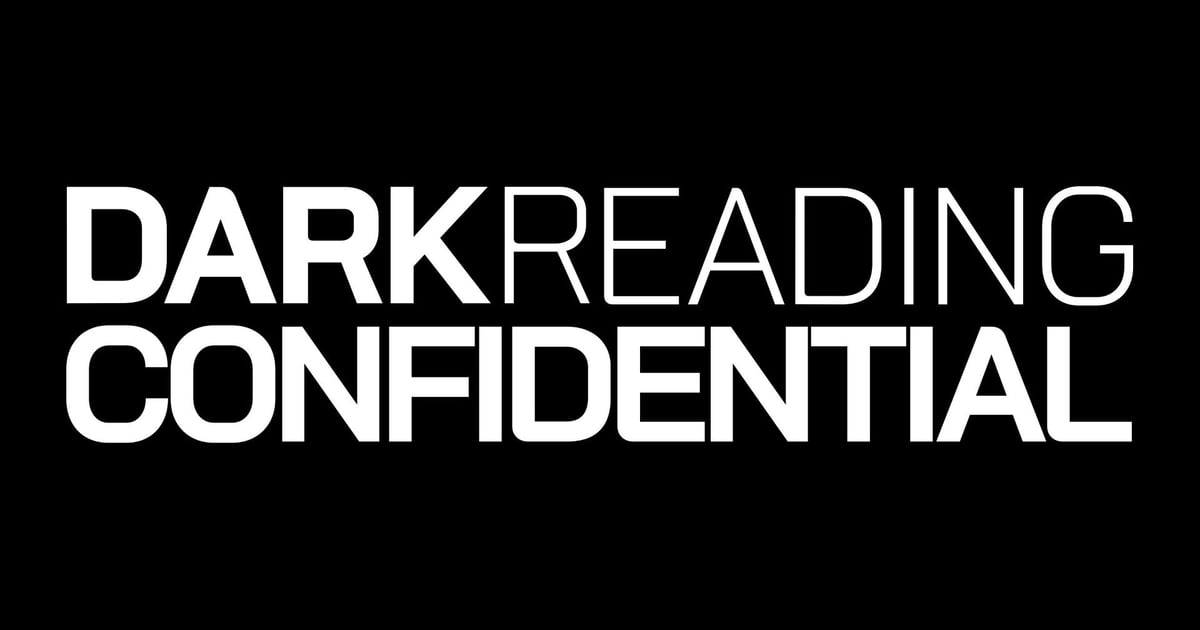In a recent episode of Dark Reading Confidential, titled “Quantum Has Landed: So Now What?” Becky Bracken, senior editor of Dark Reading, and Kelly Jackson Higgins, editor-in-chief, delved into the topic of quantum computing and its implications for cybersecurity. The discussion focused on the importance of preparing for the potential threats posed by quantum computing, even though the technology is not widely implemented in organizations yet.
While quantum computing may still seem futuristic to many, there are concerns within the cybersecurity community about how cyber criminals and nation states could exploit the technology to bypass current encryption algorithms. The podcast highlighted the urgent need for cybersecurity practitioners to adopt a proactive approach in addressing this emerging threat to data security.
During the podcast, Dr. Matthew McFadden, Vice President of Cyber at GDIT, and Thomas Scanlon, a professor at Heinz College, Carnegie Mellon University, shared their insights on the challenges and opportunities presented by quantum computing. They emphasized the importance of understanding the quantum threat landscape and the need for organizations to start preparing for post-quantum cryptography.
One of the key points raised in the discussion was the difficulty of finding practitioners actively engaged in quantum computing within cybersecurity teams. The complexity of quantum technology and the lack of awareness among cyber professionals were identified as barriers to addressing the quantum threat effectively.
The guests also discussed the impact of quantum computing on current encryption standards, such as RSA and ECC, and highlighted the need for organizations to transition to quantum-resistant cryptography standards. They emphasized the significance of compliance with new encryption standards and advised organizations to prioritize high-risk systems for migration.
Furthermore, the podcast focused on the importance of developing a comprehensive strategy for managing encryption and implementing crypto agility to adapt to evolving encryption standards. It was suggested that organizations conduct thorough threat modeling to identify vulnerabilities and prioritize encryption systems for migration.
In conclusion, the podcast underscored the importance of building a robust cybersecurity framework that can withstand the challenges posed by quantum computing. By gaining a deeper understanding of the quantum threat landscape and adopting proactive measures to secure data, organizations can better prepare themselves for the future of cybersecurity.
